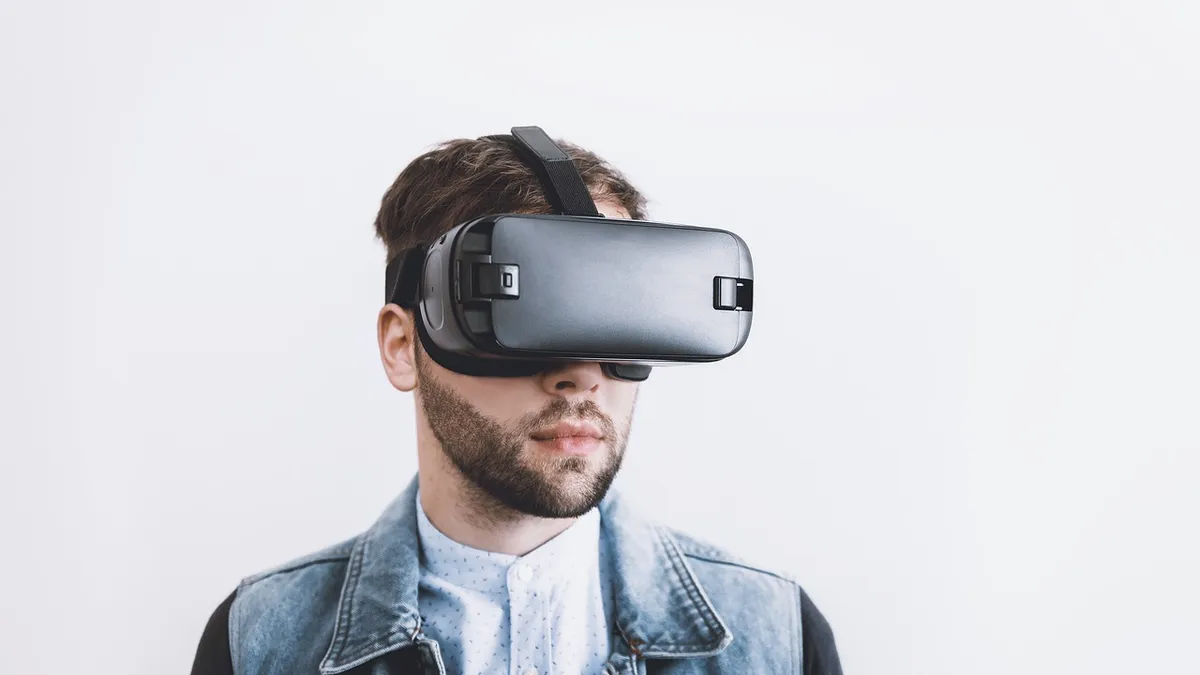Dive Brief:
- 61% of surveyed consumers said they would be more likely to buy from a brand that uses immersive technology, such as augmented and virtual reality (AR/VR) and 3D content, according to Accenture Interactive's new "Try It. Trust It. Buy It." report.
- 47% of consumers said immersive technologies make them feel more connected to brands and products. Similarly, 48% said they would better remember brands that regularly engage them with immersive technologies, and 47% said they are likely to engage with a product using immersive technology if it can provide personalized recommendations to suit their needs.
- 64% of leading consumer brands are starting to invest in creating immersive experiences, ushering in a new wave of digital commerce, per the report. According to the research, immersive experiences can boost consumer confidence in online purchases by 4% globally, and by 9% in North America.
Dive Insight:
Accenture Interactive's new study suggests that with real-word experiences currently underwhelming, consumers are finding some solace — and brand connection — in immersive experiences related to online shopping, a development that could lead to wider use of immersive technologies like AR/VR. Among the more than 3,000 consumers surveyed across North America, Europe and Asia-Pacific, 47% said tools such as VR, AR and 3D content makes them feel more connected to products when shopping online.
While the research found immersive experiences can boost consumer confidence and nearly two-thirds of brands are beginning to invest in them, many of these experiences are one-off experiments, such as putting 3D models on product pages, curating personalized make-up palettes and hosting online fashion shows, noted Rori Duboff, managing director of strategy and innovation at Accenture Interactive, in a blog post about the study. Brands such as Wayfair, Pepsi and Cadillac have recently showcased immersive tools to engage consumers with elements such as 3D room planning, AR gaming and VR test-drives.
Yet, surveyed consumers indicated they would like more, and better, immersive online shopping experiences. Nearly half (47%) said they would pay extra for a product if they could customize or personalize it using immersive technologies. Consumers also indicated they would be open to purchasing big-ticket items like cars and luxury goods online if they could use immersive experiences to try them out. These findings suggest marketers may start to explore ways to more deeply integrate immersive technologies into their efforts.
"Immersive technologies make this next era of shopping experiences possible," Duboff wrote. "These technologies have come of age. What was a quirky novelty just a few years ago has become a powerful utility today."













